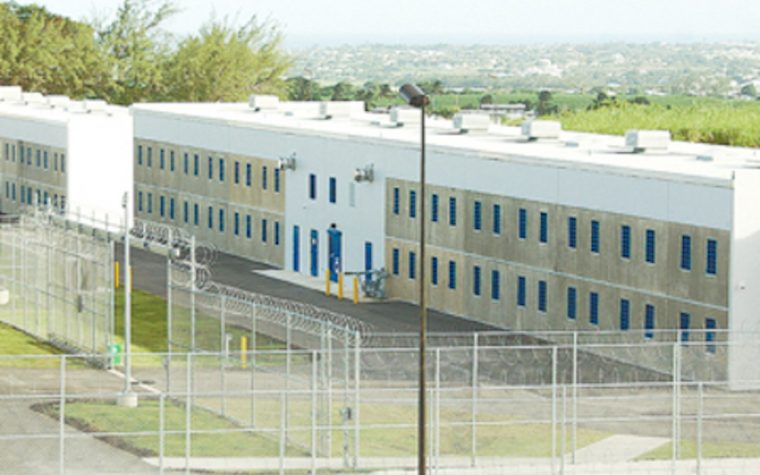The Barbados Prison Service is poised to transform its agricultural operations at the Dodds prison farm in St. Philip, pending government approval of a $4 million budget allocation. Superintendent of Prisons DeCarlo Payne announced on Thursday that the funds would be used to significantly expand meat production and modernize the facility, aligning with the government’s goal of achieving food self-sufficiency within 18 months. The initiative aims to reduce reliance on external suppliers and enhance food production capabilities. Currently, the farm produces chicken, beef, lamb, pork, and turkey, with plans to slaughter 67 pigs next month. Additionally, 90% of the arable land at Dodds is under cultivation, yielding crops such as sweet potatoes, yams, and cucumbers. The Prison Service recently supplied the Barbados Defence Force with 600 pounds of sweet potatoes and 150 pounds of cucumbers. The $4 million investment will also fund the construction of seven new chicken pens, each capable of housing 3,000 birds, with a long-term goal of producing 21,000 chickens to meet the needs of institutions like the School Meals Department, Queen Elizabeth Hospital, and the prison itself. In January, the University of the West Indies (UWI) Cave Hill Campus partnered with the Prison Service to launch a six-week agricultural training program. Conducted through UWI’s Centre for Agricultural Research and Innovation (CAGRI), the program focuses on sustainable crop production, soil management, poultry care, and integrated farming systems. It aims to reduce food costs, support national food security, and provide inmates with practical skills for rehabilitation. Superintendent Payne emphasized that the farming program is a key component of a broader rehabilitative strategy, equipping inmates with agricultural and business expertise while contributing to institutional cost savings and national food security.
